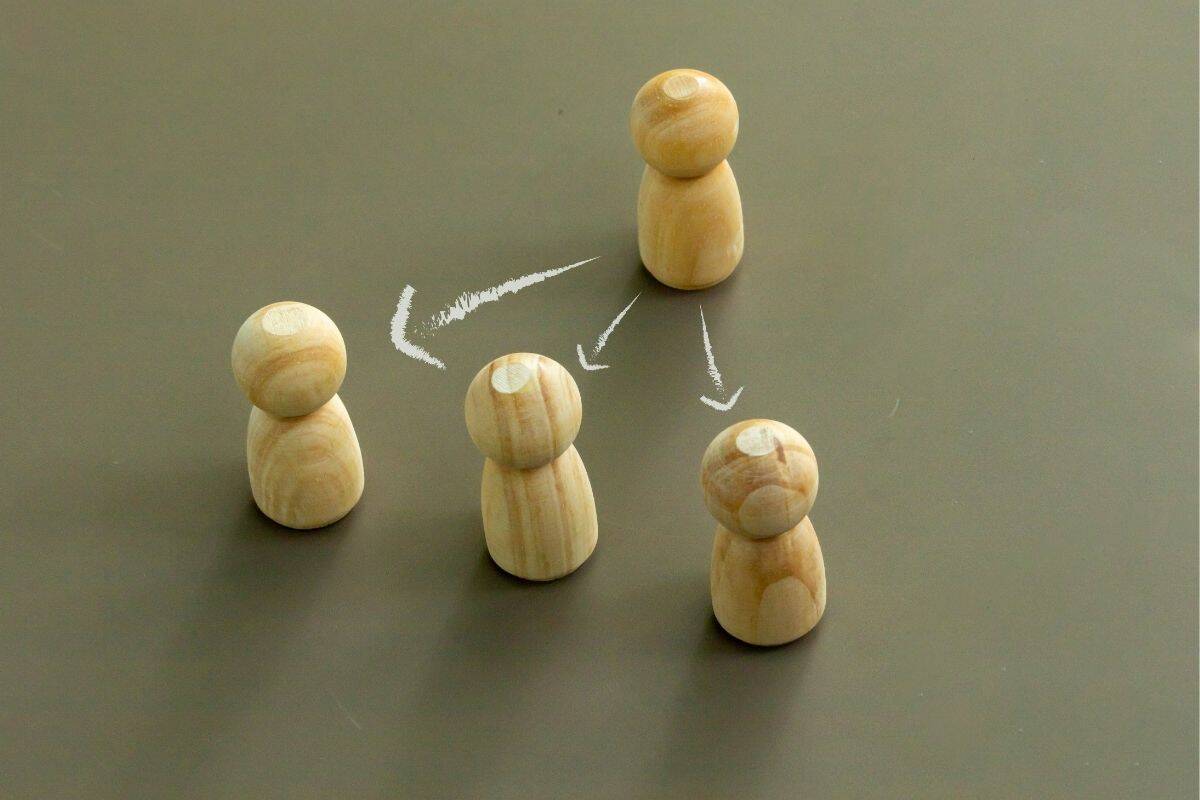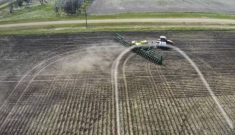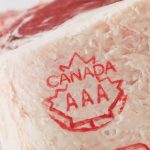Among the many emerging technologies poised to change how we eat and even how we think about food, one of the most explosive could be personalized nutrition. It’s the idea of individual nutrition plans built around a person’s specific physical characteristics. And according to industry watchers, it could be so much more than just a daydream.
“There is a lot of talk about this at the moment. It certainly is emerging technology,” said Maartje van den Berg, senior analyst for consumer foods with Rabobank, at the Agrifood Innovation Event held recently in the Netherlands.
Read Also

Executive decisions: what and when to delegate on the farm
Consider the end state you’re working to achieve on your farm when deciding what tasks to delegate, when to do so and on whom, farm management advisors recommend.
“I don’t think it is just hype,” van den Berg said. “It is rooted in several important societal trends and may be a game changer.”
According to van den Berg, the two big trends driving the interest in personalized nutrition are innovative technologies and health.
So much technology is already at consumer fingertips. Devices are growing smarter and more sophisticated all the time, and as they makes people’s lives simpler and easier, they are increasingly accepted.
“We trust technology to give us partners — 50 per cent of the Dutch population accept internet dating as a normal way to find a partner, so why would food be any different than a partner choice? It’s the next frontier,” van den Berg said. “Deciding what is for dinner is a chore and a worry, so there is a market for products that provide solutions, help people to solve their dinner issues.”
People also generally feel they should be healthier. According to van den Berg, this is evidenced by the billions of dollars spent globally every year on sports nutrition, supplements and unused gym memberships, as well as diet and organic foods and products.
Personalized nutrition is the concept that different people respond differently to the foods they eat based on things like stress response, activity levels or gut bacteria.
Using artificial intelligence to combine those factors with DNA and phenotype information, the plan is to provide advice for consumers about what foods they should be eating based on their physical characteristics.
But that’s only the start. Next, the system would then use this information to help people select and obtain the right foods for them, either by ordering groceries and having them delivered for cooking at home or by having fully prepared meals delivered directly to their tables.
A new world of choice
Certain levels of nutritional personalization already exist, such as lifestyle-based food offerings. This includes vegetarian foods and meal ideas for time-pressed parents or households of only one or two people. Foods are also offered based on health conditions, such as diabetes, gluten or lactose intolerance.
Companies like Weight Watchers already offer services in this field based on measurements and data provided by the user, and are increasingly supplementing their dietary advice with convenient online options for ordering groceries, meal kits or prepared foods.
Nestlé’s Wellness Ambassador in Japan takes a somewhat different approach. It looks like a countertop coffee maker with capsules that brew tea or smoothies with nutrients best suited to the user’s body. Users can also upload photos of the food they’re eating to the app and the system will provide an analysis of what’s missing in the diet.
“All these systems are service-oriented and try to provide consumers with solutions rather than products,” van den Berg said. “People worry and this is a form of security that you are getting everything that you need.”
Public health is one area that could benefit from a personalized approach. Currently, public health dietary advice — such as contained in Canada’s Food Guide, for example — is based on a one-size-fits-all approach, without taking personal characteristics into account.
“We could manage or prevent lifestyle-related chronic diseases like cardiovascular disease or Type 2 diabetes and reduce the burden on health care systems and lower costs for preventable health issues,” said Remzi Celebi, a researcher in artificial intelligence and data science in personalized medicine at the Maastricht University Institute of Data Science.
The answer, Celebi believes, lies with a comprehensive solution that involves food producers, retailers, health insurance companies, medical professionals, dietitians and consumers, instead of individual stakeholders working independently.
There’s a catch to that, however. Simply telling people what to eat will never generate a business model in personalized nutrition, said Nard Clabbers, a senior business developer in personalized nutrition and health at the independent Dutch research organization TNO.
“It’s more about where I can add value with personalized dietary advice. Advice has to fit my physiological needs but also be linked to the life I am leading, like my social environment or targeting advice to my personality and learning style,” Clabbers said. “It’s about empowerment of consumers — people having trust in their choices will change the market.”
Clabbers equates personalized nutrition to the idea of the 19th century English butler whose job it was to know exactly what his employer needed and when, and he predicted a future where there will be less one-on-one between consumers and producers, but rather greater value in the entire food and health system.
“For example, the data on my Apple watch will be used by my gym to give me a personalized training regime and by my supermarket to provide my food choices — for the individual, it adds value if all those people work together,” he said.
U.S retailer Kroger’s OptUp app lets shoppers scan the products in their cart and then select healthier alternatives from options the app proposes. Users of British supermarket chain Tesco’s app can pre-select lifestyle filters so they’ll only see food that meets their specified criteria, like low sodium or sugar-free. And Dutch grocer Albert Heijn uses loyalty card data to suggest healthier alternatives to its customers based on their previous purchases.
Consumers of the future will continue to base some of their food decisions on price, taste and convenience, but Clabbers believes other parameters will be added, like sustainability and health.
“If you can measure the health effects of products, it will become more important to consumers, and increased transparency will make it harder for companies to sell unhealthy or unsustainable products,” he said.
For food producers and manufacturers, the key lies in being included in those personalized nutrition tools, which means products have to be easy to find, choose and recommend. With selection done by an algorithm and not a person shopping in the grocery store, food manufacturers may want to reformulate a recipe to include less sugar or salt, or use ingredients with higher levels of antioxidants instead of changing packaging to be more visually appealing, for example.
This will also change product branding and marketing, focusing more on the absence or presence of ingredients, health or wellness goals, or suitability for specific lifestyles. And consumer food companies will have to work more closely with other partners in the supply chain if they hope to gain and keep consumer trust, research shows.
According to the 2019 Edelman Brand Trust survey, 81 per cent of respondents from eight major global markets including the U.S., China, Brazil and Germany, stated that they want to buy brands they trust, but on average, only 34 per cent currently trust most of the brands that they feel they have to buy or use.
Personalized nutrition still needs a lot of development, but van den Berg predicts it will become relevant to everyone involved in the food industry, from farmers growing varieties with better nutritional content to food processors and retailers.
“Some of the tools out there right now are a bit gimmicky but they could really influence how we choose food and how we eat,” van den Berg said. “You should maybe start thinking about a more personalized future.”
This article was originally published as ‘Can I suggest?’ in the March 31, 2020 issue of Country Guide.















